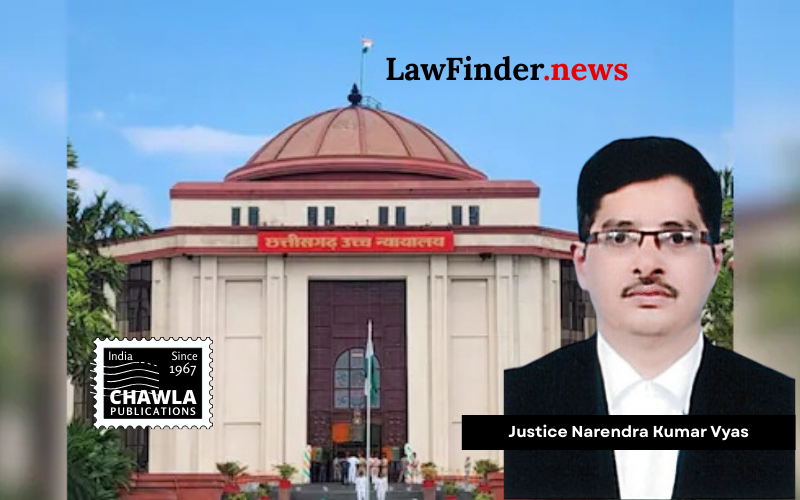Chhattisgarh High Court Clarifies Property Rights for Children Born from Void Marriages. The judgment reinforces limitations on inheritance rights for children from void or voidable marriages under Hindu law
In a significant ruling, the Chhattisgarh High Court has addressed the contentious issue of property rights for children born from void or voidable marriages under Hindu law. The court upheld the principle that while children born from such marriages are deemed legitimate, they are entitled only to inherit their parents' property, not ancestral property. This judgment reinforces the legal framework established under Section 16 of the Hindu Marriage Act, 1955, and the Hindu Succession Act, 1956, which limit inheritance rights in ancestral property for children from void or voidable marriages.
The case arose from a dispute over ancestral property, where the plaintiffs, Bundabai Verma and her son Chintaharan Verma, claimed coparcenary rights in the ancestral property following the death of Murlidhar Verma. The defendants, children from Murlidhar's void marriage with Kunjbati, argued for their inheritance rights based on legitimacy conferred by Section 16 of the Hindu Marriage Act. The trial court and first appellate court ruled in favor of the plaintiffs, stating that the defendants could only inherit Murlidhar's self-acquired property, not the ancestral property.
The High Court, presided over by Justice Narendra Kumar Vyas, affirmed the lower courts' decisions, emphasizing that Section 16(3) of the Hindu Marriage Act explicitly restricts inheritance rights to the parents' property alone. The judgment cited precedents from the Supreme Court, including the landmark case of Vineeta Sharma v. Rakesh Sharma, which clarified the coparcenary rights of daughters under the Hindu Succession Act, 2005.
This ruling has significant implications for the interpretation of legitimacy and inheritance rights under Hindu law, reiterating the limitations imposed by statutory provisions and judicial precedents. Legal experts view this judgment as a reinforcement of the legislative intent to protect ancestral property rights while acknowledging the legitimacy of children from void marriages.
The judgment also addressed procedural aspects, rejecting applications for introducing additional evidence and amending pleadings. The court highlighted the importance of maintaining the original character of the suit and preventing prejudice to other parties, adhering to principles established under the Civil Procedure Code.
Bottom Line:
Legitimacy of children born from void or voidable marriages under Section 16 of Hindu Marriage Act, 1955 does not grant rights to ancestral property; such children can inherit only their parents' property.
Statutory provision(s): Hindu Marriage Act, 1955 Section 16, Hindu Succession Act, 1956 Section 6, Civil Procedure Code, 1908 Order 41 Rule 27, Civil Procedure Code, 1908 Order 6 Rule 17




